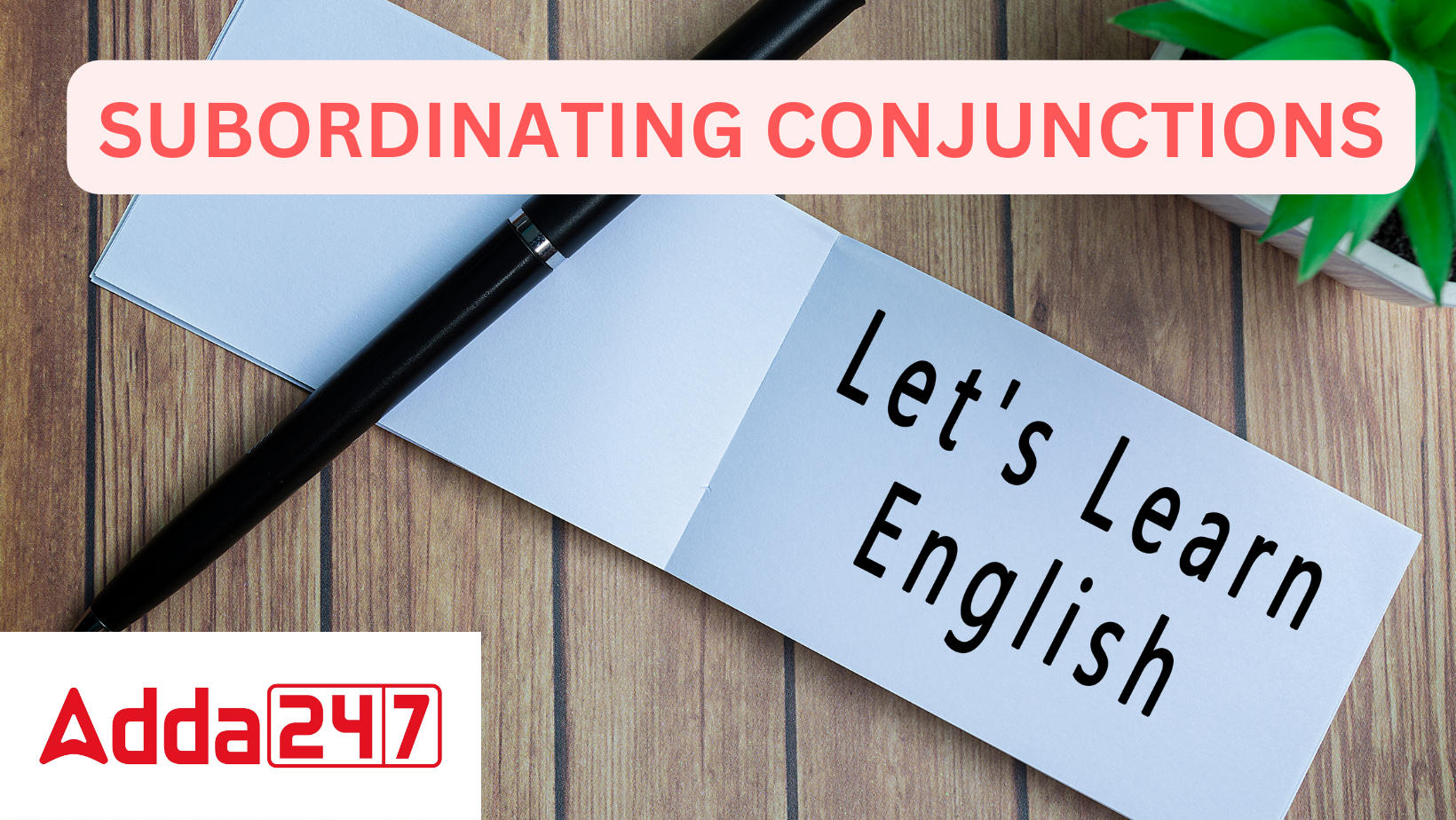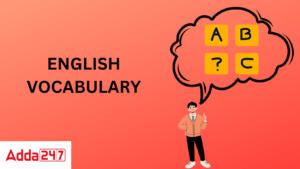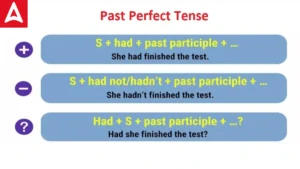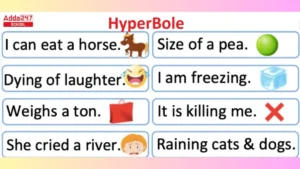What is a Subordinating Conjunction?
A subordinating conjunction is a kind of conjunction that connects or combines a dependent clause with an independent clause. A clause that can stand alone in a sentence is known as an independent clause because it doesn’t require any other information to be there.
A clause that cannot stand alone as a sentence and merely adds details to the main clause is referred to as a subordinate or dependent clause. Complex sentences are those that contain both independent and at least one dependent clause. As a result, subordinating conjunctions are used in complex phrases to connect or link the clauses.
Subordinating Conjunctions Definition
A subordinating conjunction is described as “a word that begins a subordinate clause, for example, although or because” in the Oxford Learner’s Dictionary.
Subordinating conjunctions are defined in considerably greater detail in the Macmillan Dictionary. A subordinating conjunction is defined as “a conjunction that opens a subordinate clause and ties it to an independent clause or another unit in the sentence,” such as “because,” “while,” “although,” or “in case.”
For example, “because” is a subordinating conjunction in the sentence “I refused to remark because I didn’t have all the facts.”
According to the Merriam-Webster Dictionary, a subordinating conjunction is “a conjunction that joins the main clause and a clause that does not form a complete sentence by itself.” The Collins Dictionary defines a subordinating conjunction as “a word such as ‘although’, ‘because’, or ‘when’ which begins a subordinate clause.”
Subordinating Conjunctions Categories
There are numerous subordinating conjunctions, and we frequently use them in our everyday speech without knowing it. A variety of characteristics distinguish the various subordinating conjunctions, which can be categorized as follows:
- Those that demonstrate cause and effect (that show reason)
- Those that demonstrate the value of time or location
- Those that exhibit condition
Subordinating Conjunctions that demonstrate cause and effect
Because, because, though, as, consequently, as a result, in order that, so that, even though, although, unless, because of, unless, provided that, etc. are a few often used subordinating conjunctions that demonstrate cause and effect. The cause and consequence of anything are demonstrated using these conjunctions. Let’s look at several examples.
- I didn’t work because I was sick.
- Her attendance will not be marked unless she attends the classes.
- Although she looks weak, she can fight with anyone.
Subordinating Conjunctions that demonstrates the value of time or location
There aren’t many subordinating conjunctions used to demonstrate a change in place or time. Where, everywhere, as soon as, as long as, once, when, till, until, while, whenever, etc. are examples of this type of conjunctions. Below are some examples.
- Whenever his wife was out working, he would take care of the chilldren.
- As long as she lived, she took care of the family.
- I won’t be back in Delhi until next week.
List of Subordinating Conjunctions
Given below is a list of subordinating conjunctions that you use in everyday conversation
| After | When | Before |
| As soon as | Because | As |
| Since | Though | Although |
| Even though | If | Unless |
| Until | Even if | Once |
| While | Than | Till |
| Now that | Whenever | In order that |
| Wherever | As though | As long as |
| Provided | So that | That |
Function of Subordinating Conjunctions
A complex sentence is one that comprises at least one independent clause (primary clause), as well as one or more dependent clauses. A dependent clause in a complex sentence establishes a period of time, location, justification, prerequisite, concession, or comparison for the main clause. The main clause and the dependent clause are connected by the subordinating conjunction.
Subordinating Conjunctions Examples
Check several examples and use of subordinating conjunction in English grammar below.
- I find television very irritating. Every time somebody turns on the set, I go into the other room and read a book. (Comedian Groucho Marx) (The subordinate clause establishes a time for the main clause.)
- Wherever the art of medicine is loved, there is also a love of humanity. (Greek physician Hippocrates) (The subordinate clause establishes a place for the main clause.)
- People are more violently opposed to fur than leather because it’s safer to harass rich women than motorcycle gangs. (The subordinate clause establishes a reason for the main clause.)
- Man is ready to die for an idea, provided that idea is not quite clear to him. (Author Paul Eldridge) (The subordinate clause establishes a condition for the main clause.)
- I’m always ready to learn, although I do not always like being taught. (Sir Winston Churchill) (The subordinate clause establishes a concession for the main clause.)
- Everyone else my age is an adult whereas I am merely in disguise. (Poet Margaret Atwood) (The subordinate clause establishes a comparison for the main clause.)
Subordinating Conjunctions Sentences
Some more examples on subordinating conjunctions are given in the table below that will help you know how to use them in sentences.
| Subordinating Clause | Category | Sentence Use |
| as | reason | As I am not well, I’m staying in. |
| because | reason | I’m staying in because I am not well. |
| in order that | reason | In order that I am not feeling well, I’m staying in. |
| since | reason | Since you’re not going with us, we are dropping the plan. |
| so that | reason | I’m staying in so that I don’t miss the postman. |
| although | concession and comparison | I’m staying in although I’d rather go out. |
| as | concession and comparison | I’m staying in as you should. |
| even though | concession and comparison | I’m staying in even though the sun is out. |
| just as | concession and comparison | I’m staying in just as you should. |
| though | concession and comparison | I’m staying in though I wish I weren’t. |
| whereas | concession and comparison | I’m staying in whereas you are going out. |
| while | concession and comparison | I’m staying in while you are going out. |
| even if | condition | Even if it rains, I’m going out. |
| if | condition | If it rains, I’m staying in. |
| in case | condition | I’m staying in in case it rains. |
| provided that | condition | Provided it doesn’t rain, I’m going out. |
| unless | condition | I’m going out unless it rains. |
| where | place | I fish where the waves start to form. |
| wherever | place | I will live wherever the weather is good. |
| after | time | I’m going out after the football has finished. |
| as soon as | time | I’m going out as soon as the football has finished. |
| as long as | time | I’m staying out as long as the weather stays good. |
| before | time | I’m going out before the rain starts. |
| once | time | I’m going out once the football has finished. |
| till | time | I’m staying out till the weather turns bad. |
| until | time | I’m staying out until the weather turns bad. |
| when | time | I’m going out when the weather improves. |
| whenever | time | I go out whenever the weather is good. |
| while | time | I’ll stay out while the weather is good. |
| Related Articles | |
| Verbs | Adverbs |
| Adjectives | Interjections |









 Vocabulary Words with Meaning and Senten...
Vocabulary Words with Meaning and Senten...
 Past Perfect Tense: Definition, Formula,...
Past Perfect Tense: Definition, Formula,...
 Hyperbole- Explanation, Definition, Exam...
Hyperbole- Explanation, Definition, Exam...









